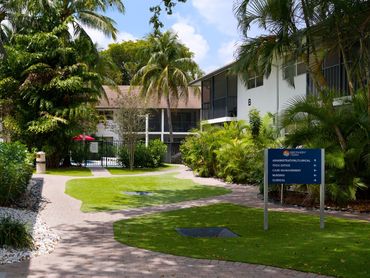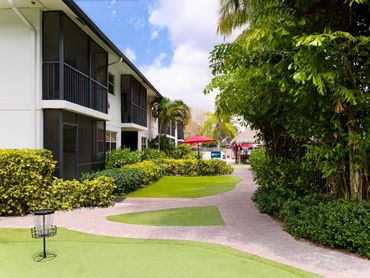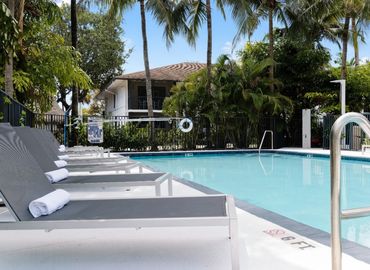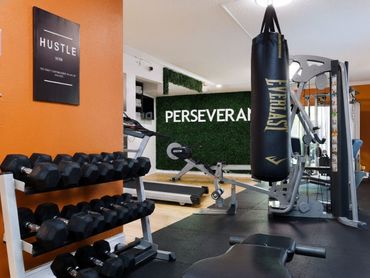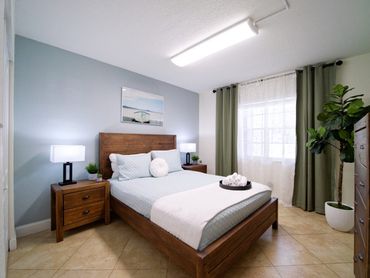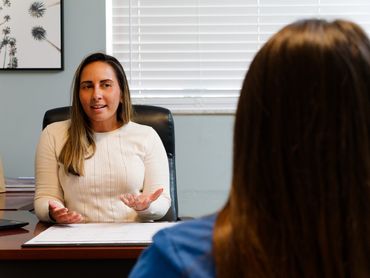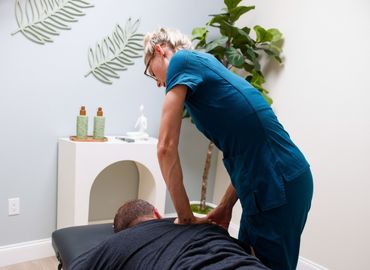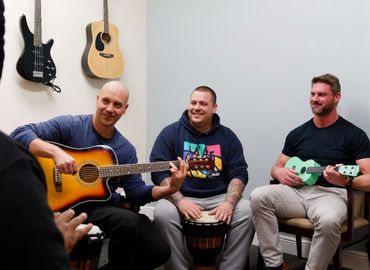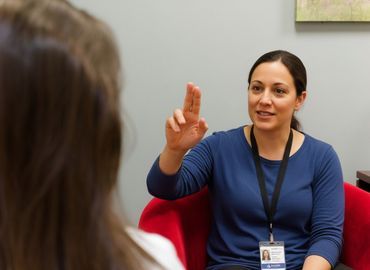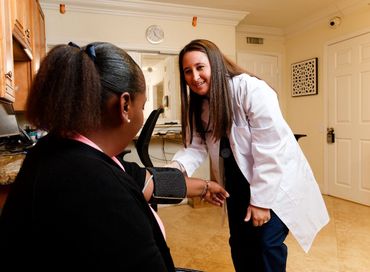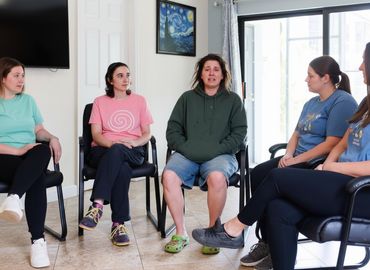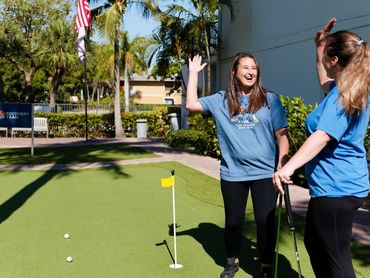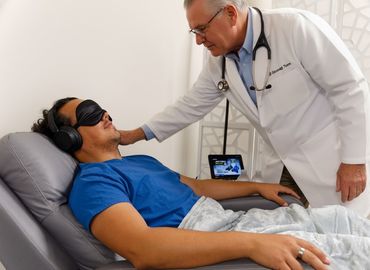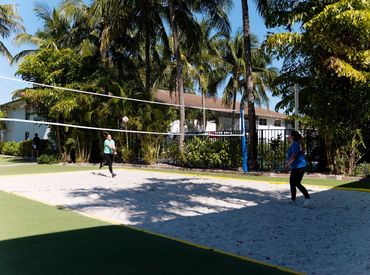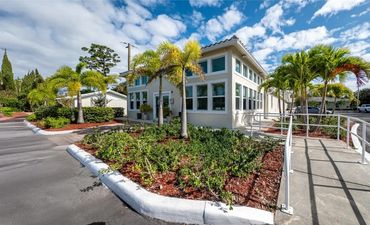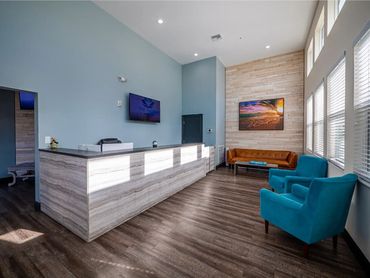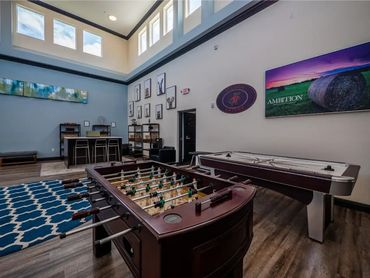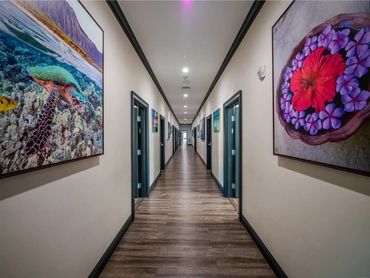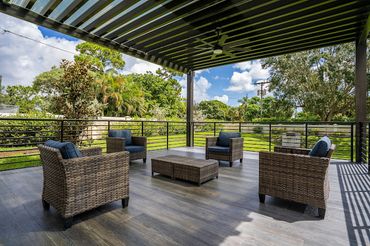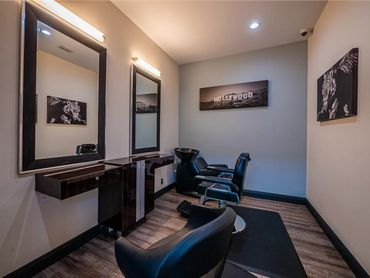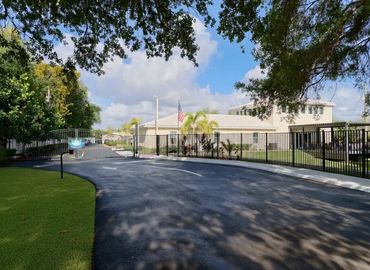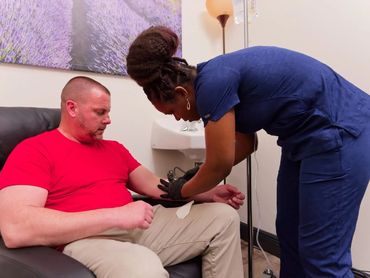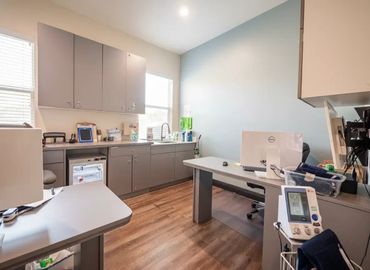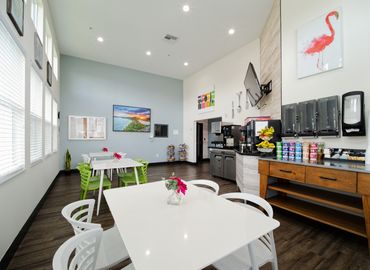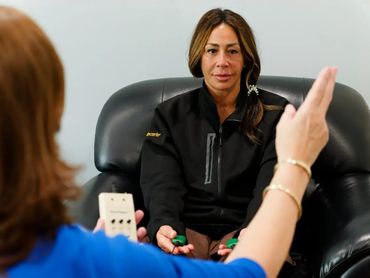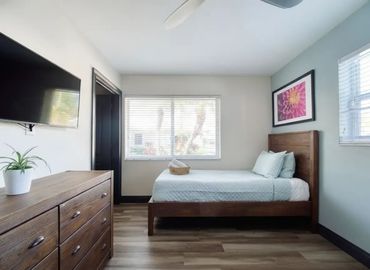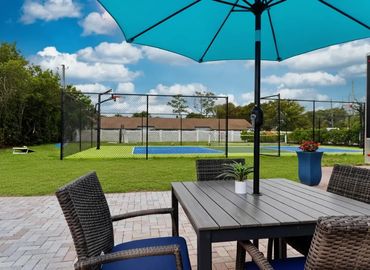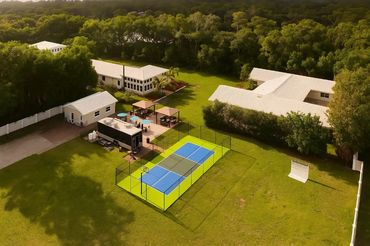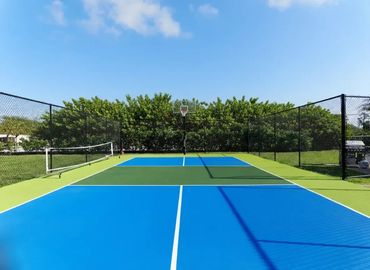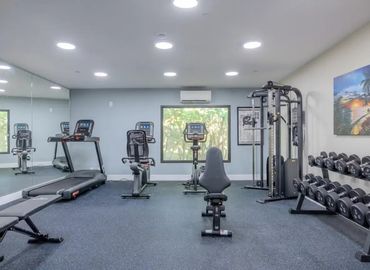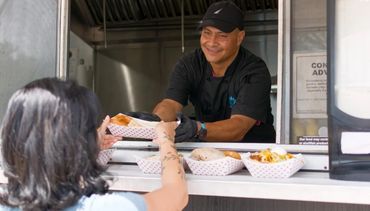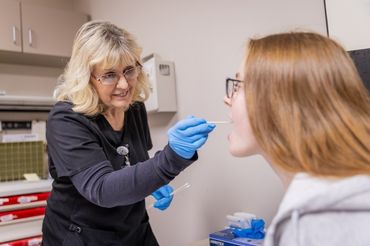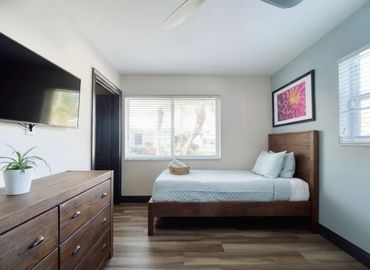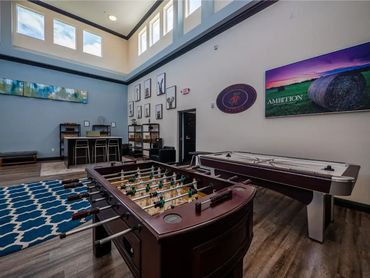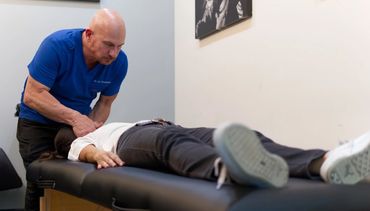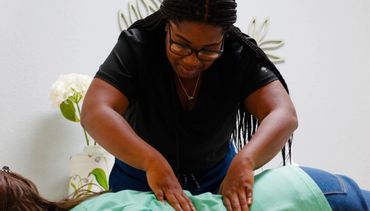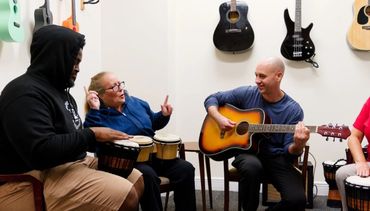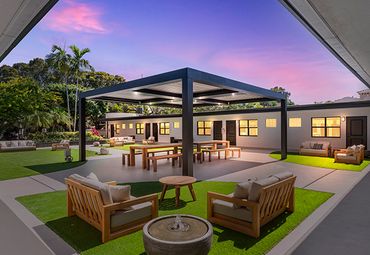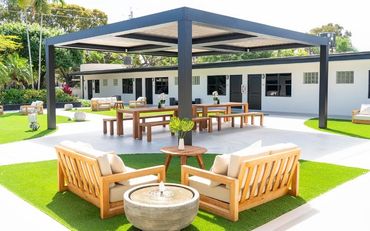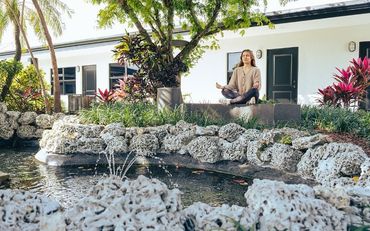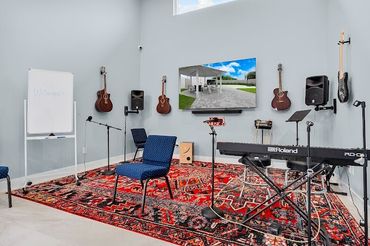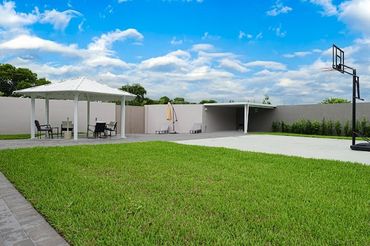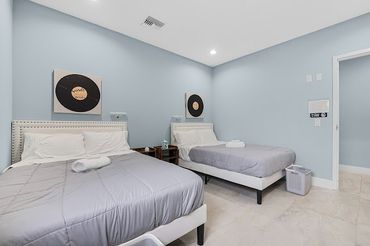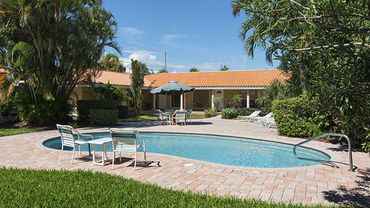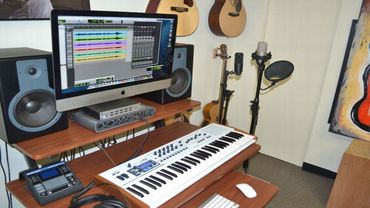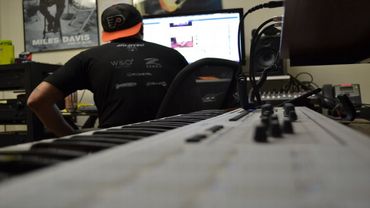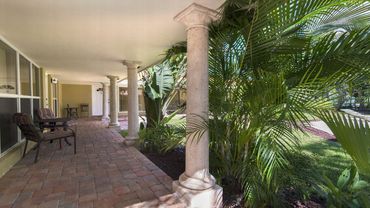
Drug & Alcohol Rehab Centers near Homestead, FL
If you are living in Homestead, Florida and you are addicted to drugs, you are not alone. Located in Miami-Dade County, Homestead is home to just under 70,000 people.1 And many in this community are struggling with substance abuse. In 2015, there were over 800 drug overdose deaths in the Miami area. Of these deaths, nearly half involved opioids, such as prescription painkillers and heroin. In 2016, about 89% of drug overdose fatalities involved more than one drug.2
If you are addicted to drugs or alcohol, there’s no reason to struggle alone. A professional treatment program can provide you with the support, monitoring, and treatment you need to get clean and sober. Inpatient recovery programs require that you live at the facility for the duration of the program. Many people benefit from the highly structured environment and 24-hour care. Additionally, the treatment staff will create an individualized treatment plan tailored to your specific needs and addiction. Every treatment program is different, but your plan will likely consist of individual therapy, group counseling, family therapy, support groups, and aftercare planning.
Treatment Centers near Homestead, FL
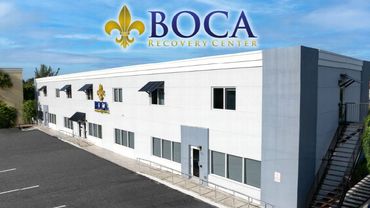
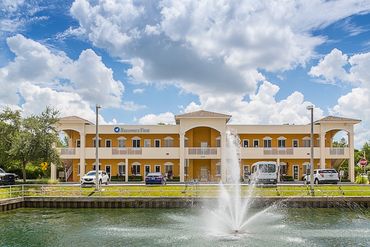
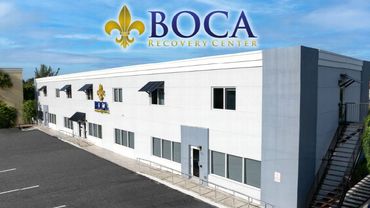
Open to Travel? Check out Top-Rated Options
All Treatment Centers near Homestead, FL
Are You Covered For Treatment?
- West Palm Beach Rehabs
- Miami Rehabs
- Fort Lauderdale Rehabs
- Jacksonville Rehabs
- Delray Beach Rehabs
- Tampa Rehabs
- Orlando Rehabs
- Pompano Beach Rehabs
- Fort Myers Rehabs
- Sarasota Rehabs
Information About Rehab in Homestead
Latest Reviews
Latest Reviews of Rehabs in Florida
Boca Recovery Center - Pompano Beach, FL
By the best inpatient treatment facility in Florida.
Covenant House Florida - Substance Abuse Intervention
One of the largest and best know in the West Palm Area. Buildings are old and also located on a noisy and busy street. Offers treatment scolarships as well as accepting most insurances.
More Info
Search for Homestead Treatment Programs
Homestead, Florida is located a mere 35 miles from Miami, and 25 miles from Key Largo. The city offers the best of both worlds to residents who want access to the area’s nightlife. Homestead has seen its share of drug activity, with drugs and weapons seized from a residential home in April 2012. Between the local drug activity and Homestead’s proximity to Miami, drug treatment is imperative.
Homestead is located between the shoreline of the ocean and the Southern Florida Glades. The local environment is ideal for addiction recovery.
What You Need to Ask Before Signing Up for Rehabilitation
When exploring drug or alcohol treatment options in Homestead, Florida, focus on learning more about the following:
- Spiritual/emotional activities. Yoga and meditation are great ways to help an addict get better connected with themselves. The natural surroundings in Homestead offer a beautiful setting for these activities. Learn if they are offered and who leads the programs.
- Outdoor activities. Outdoor adventure activities can provide individuals with therapeutic experiences. Determine if the rehab center you’re considering offers any alternative treatments like adventure therapy or wilderness therapy. These components can be highly beneficial to recovery, particularly for athletic individuals or those who love the outdoors.
The Influence of Environment on Drug Recovery
Drug recovery is a stressful process, and the local environment surrounding a rehab program can play a role in success. The elements of Homestead’s environment that may help addicts include:
- The pure natural beauty of the Everglades, and its potential for adventure
- The pristine beaches and ocean
- The quieter environment, since Homestead is set away from the city of Miami and its fast-paced lifestyle
Looking for a Rehabilitation Center in Homestead
For more information on Homestead recovery programs, contact us today. We are here to answer your questions at any time.
Aftercare plans consist of ongoing support options for someone to continue building upon their recovery. These options may include support groups, therapy, group counseling, alumni programs, sober living homes, and more. Recovery is a lifelong process and the sooner you begin, the sooner you can make positive changes in your life.
If you are abusing drugs or alcohol or both, it’s time to get help. Browse through our directory today to find a treatment program that meets your needs.
Sources
1.United States Census. (2017). Homestead, Florida.
2. National Drug Early Warning System. (2017). Southeastern Florida (Miami Area) Sentinel Community Site (SCS) Drug Use Patterns and Trends, 2017.
